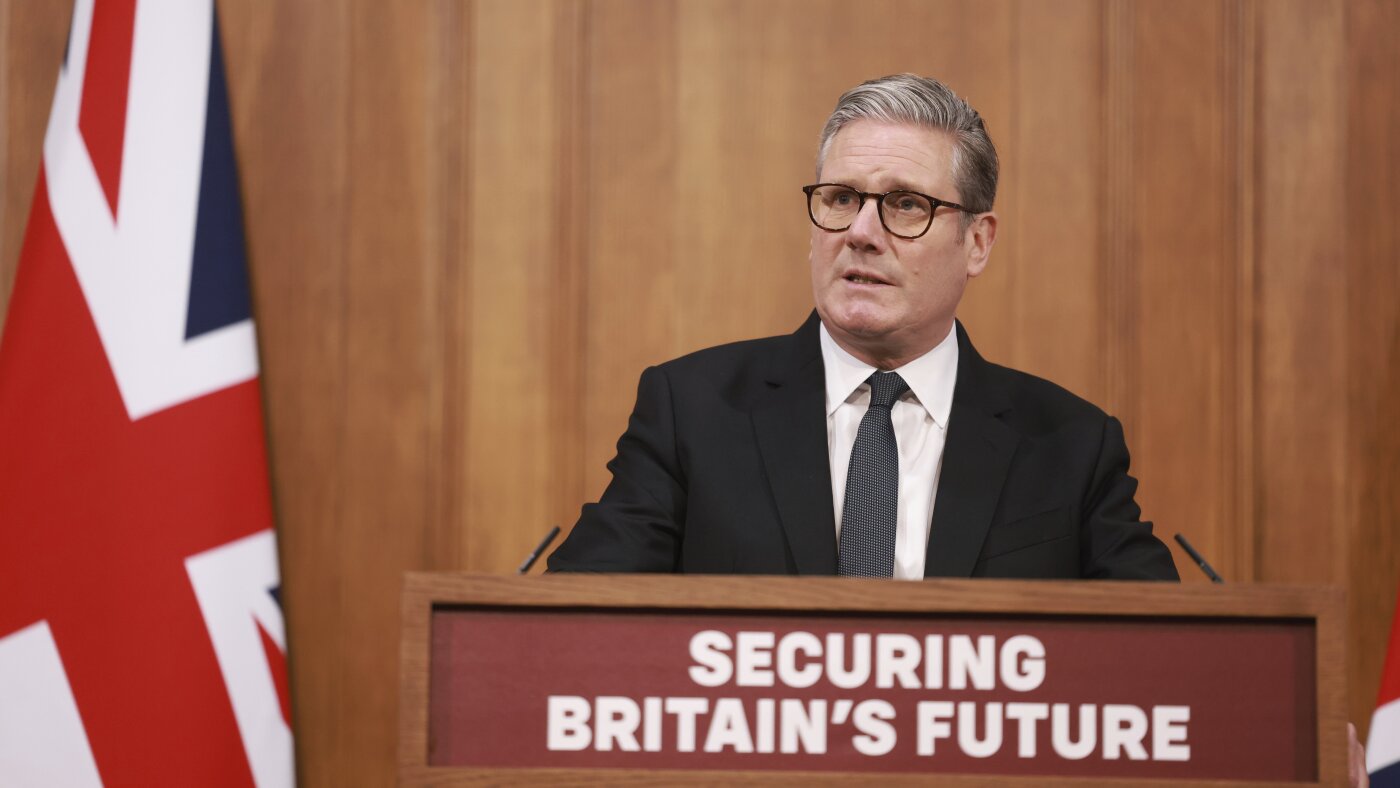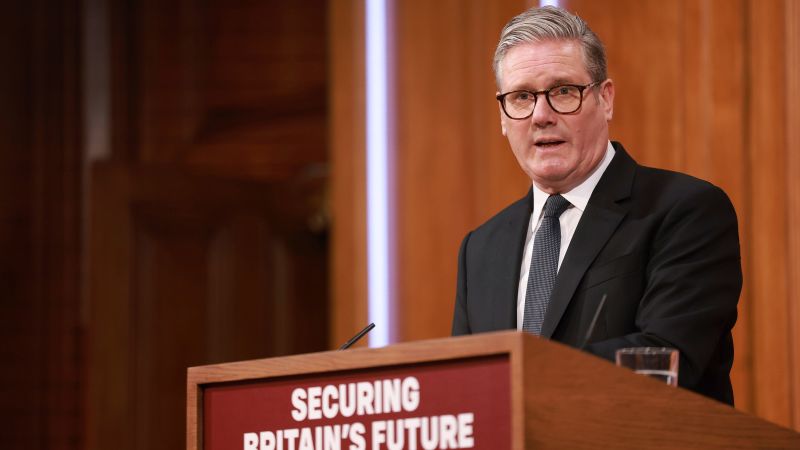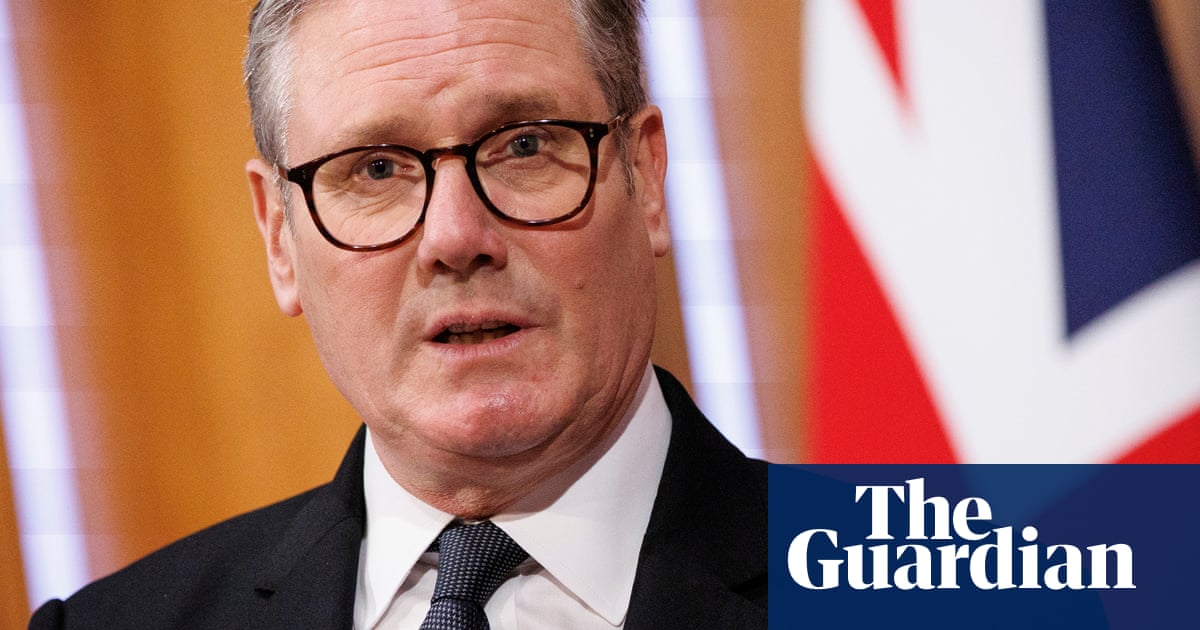Starmer Unveils Overhauled Immigration Policy Amid Rising Migration Numbers and Challenges
UK Prime Minister Keir Starmer announces a significant revamp of immigration policy, aiming to curb unprecedented migration and bolster local workforce investment.
Subscribe to unlock this story
We really don't like cutting you off, but you've reached your monthly limit. At just $5/month, subscriptions are how we keep this project going. Start your free 7-day trial today!
Get StartedHave an account? Sign in
Overview
UK Prime Minister Keir Starmer has introduced an extensive overhaul of immigration policy, extending citizenship wait times to 10 years and raising English proficiency requirements. This overhaul aims to tackle record net migration, which stood at 906,000 in June 2023 before falling to 728,000 in June 2024. Despite these measures, challenges remain, including the pressure on the labor market, particularly in social care, and the potential economic implications of restricting foreign labor. Critics argue Starmer's proposals echo far-right rhetoric, and concerns arise about increasing pay in sectors struggling to recruit. Further political tensions may complicate these reforms.
Report issue

Read both sides in 5 minutes each day
Analysis
Analysis unavailable for this viewpoint.
Articles (7)
Center (2)
FAQ
Prime Minister Keir Starmer announced several changes, including extending the wait time for citizenship from five to ten years, increasing English proficiency requirements for visa applicants, and imposing stricter rules across work, family, and study immigration routes.
International students face stronger compliance requirements from education providers, and the period graduates can stay in the UK after study will be reduced to 18 months. Additionally, there may be a levy on higher education providers’ income from these students.
The goal is to reduce net migration significantly by tightening immigration rules across all areas. This is part of an effort to address previous high migration levels and respond to public concerns about immigration control.
History
- 6M

 3 articles
3 articles






